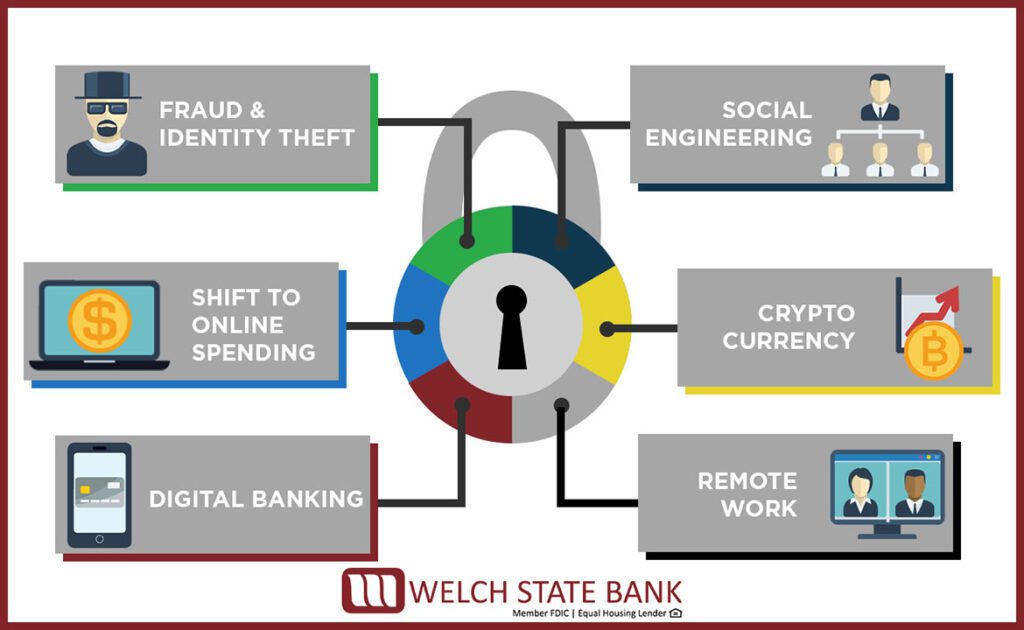The Future of Online Privacy: How Cryptocurrency is Revolutionizing Data Protection

Image courtesy of Life Of Pix via Pexels
In an increasingly digital world, where our lives are becoming more intertwined with the internet, online privacy has emerged as a hot topic of concern. With the rise of cryptocurrency, individuals are now presented with a unique opportunity to take control of their online privacy like never before. Let’s delve deeper into this fascinating realm and explore how cryptocurrency is revolutionizing data protection.
Understanding Cryptocurrency
Before we can fully appreciate the impact of cryptocurrency on online privacy, it’s essential to understand what it is. In simple terms, cryptocurrency is a digital or virtual form of currency that uses cryptography for secure financial transactions. The backbone of these transactions is a decentralized technology called blockchain.
Privacy Concerns in Digital Transactions
The rapid digitalization of our lives has introduced new challenges when it comes to privacy. Traditional online payment methods often require the disclosure of personal information, making individuals vulnerable to identity theft and fraud. Additionally, the centralized nature of these systems means that user data is stored in a single location, making it an attractive target for hackers.
Cryptocurrency as an Alternative for Online Privacy
One of the biggest advantages of cryptocurrency is its ability to provide enhanced privacy and anonymity. With cryptocurrencies like Bitcoin or Ethereum, users can conduct transactions without revealing their personal identities. Instead, transactions are linked to unique wallet addresses, minimizing the risk of personal information falling into the wrong hands.
 Image courtesy of chrisrob978.medium.com via Google Images
Image courtesy of chrisrob978.medium.com via Google Images
Furthermore, cryptocurrency operates via decentralized networks, which means there is no single governing authority or central repository of data. This decentralized structure makes it significantly more challenging for malicious actors to hack or compromise the system. Online privacy can be effectively maintained through the use of pseudonyms and encrypted transactions, ensuring that your digital footprints remain hidden and secure.
Anonymity vs. Transparency in Cryptocurrency
When discussing privacy in cryptocurrency, it’s important to distinguish between anonymity and privacy. While cryptocurrencies offer a level of anonymity, complete anonymity can have its downsides. For instance, it could create challenges in cases where regulatory compliance, anti-money laundering, or other legal obligations are necessary.
Cryptocurrencies that prioritize privacy strike a balance between anonymity and transparency. They provide users with ample privacy protection while still maintaining a level of accountability and traceability. This allows for secure transactions while deterring illicit activities within the cryptocurrency ecosystem.
Innovative Technologies Focusing on Privacy
Several cryptocurrencies and blockchain platforms are leading the charge in prioritizing privacy. Monero and Zcash are two prominent examples of cryptocurrencies that have integrated advanced privacy features into their protocols. These privacy-centric cryptocurrencies use sophisticated cryptographic techniques to safeguard transaction details, ensuring anonymity and privacy.
Moreover, emerging blockchain platforms such as Oasis Network and Enigma are specifically designed to provide privacy-focused solutions for decentralized applications. These platforms enable developers to build decentralized applications while prioritizing user privacy, thus paving the way for a more private and secure internet landscape.
Government Regulations and the Clash with Online Privacy
As the popularity of cryptocurrency continues to grow, governments worldwide are grappling with the need to regulate these digital currencies. While regulations can provide oversight to combat illegal activities, they often collide with the desire for individual online privacy.
Striking a delicate balance between the two interests is crucial. Governments must consider privacy-enhancing technologies and consult with industry experts to ensure that rules and regulations promote both security and personal data protection.
Practical Tips for Maintaining Online Privacy with Cryptocurrency
Here are some practical tips to help you navigate the realm of cryptocurrency while prioritizing your online privacy:
 Image courtesy of www.welchstatebank.com via Google Images
Image courtesy of www.welchstatebank.com via Google Images
- Select privacy-focused cryptocurrencies: Consider using cryptocurrencies like Monero or Zcash, known for their robust privacy features.
- Opt for privacy-focused wallets: Choose wallets that prioritize privacy and provide features like multiple wallet addresses, encryption, and optional anonymity.
- Practice secure transaction habits: Ensure that you double-check wallet addresses, enable two-factor authentication, and use hardware wallets for extra security.
While there are challenges to overcome, the future looks bright for cryptocurrency as a driving force in the pursuit of enhanced online privacy. As individuals and governments become more educated and experienced in navigating this evolving landscape, we can expect a more secure and private digital future.
The rise of cryptocurrency has opened up new avenues for individuals to protect their online privacy. With the advancements in cryptography and decentralized networks, individuals can now take control of their personal information, ensuring a secure and private online experience. By staying informed and adopting privacy-focused practices, we can collectively shape a future where privacy and technology coexist harmoniously.
for more related articles click here
FAQs:
- Q1: How does cryptocurrency enhance online privacy?
- A1: Cryptocurrency ensures enhanced privacy through decentralized networks and cryptographic techniques, minimizing the risk of personal information exposure.
- Q2: Are there downsides to complete anonymity in cryptocurrency transactions?
- A2: Complete anonymity may pose challenges in regulatory compliance and legal obligations, striking a balance between privacy and transparency is essential.
- Q3: Which cryptocurrencies prioritize privacy?
- A3: Monero and Zcash are notable examples known for integrating advanced privacy features into their protocols.
- Q4: How can individuals maintain online privacy with cryptocurrency?
- A4: Tips include selecting privacy-focused cryptocurrencies, opting for privacy-focused wallets, and practising secure transaction habits.
- Q5: How do government regulations impact online privacy in the cryptocurrency space?
- A5: Governments seek to balance the regulation of digital currencies with individual privacy, considering privacy-enhancing technologies to ensure security and data protection.




0 Comments